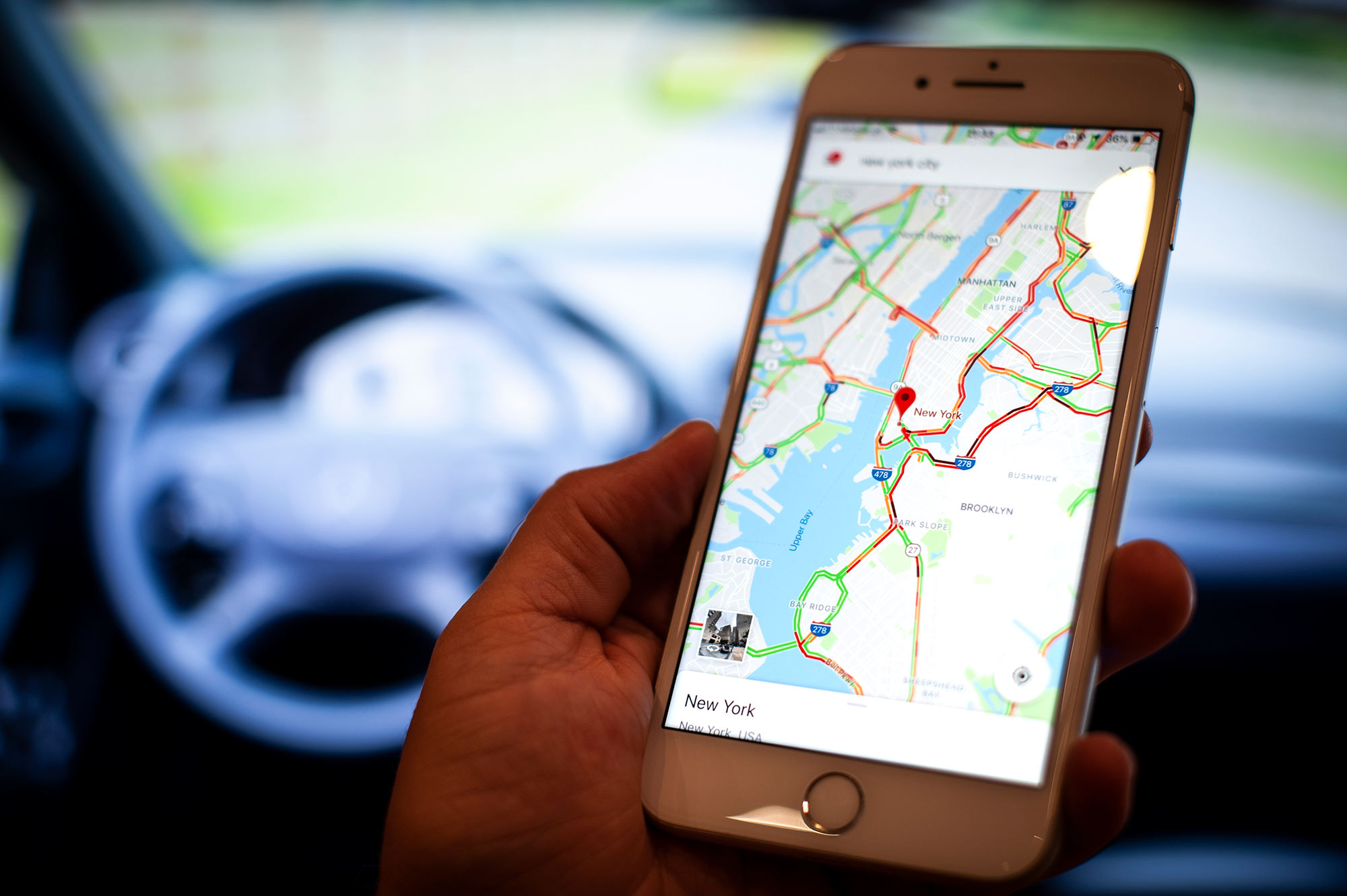This story was originally published by The Guardian and is reproduced here as part of the Climate Desk collaboration.
Google Maps is to offer drivers the lowest-carbon route for their chosen journey as part of the search company’s new environmentally friendly policies.
Motorists will be able to select the route with the lowest carbon emissions once factors such as traffic and road inclines are taken into account. The new product launched in the U.S. on Wednesday and will launch in Europe next year. Where the comparable journey times are broadly the same, Google Maps will default to the lowest-carbon option.
Google’s chief executive, Sundar Pichai, said the initiative could save 1 million metric tons of carbon dioxide a year, or the equivalent of taking 200,000 cars off the road.
“Traveling by car is one of the more carbon-intensive choices people make on a daily basis. Starting [Wednesday] in the U.S., and in Europe in 2022, Google Maps will let you choose the route with the lowest carbon emissions if it isn’t already the fastest one,” said Pichai.
Google added that it will make it easier for online car shoppers to see hybrid and electric vehicle options, and to compare them against exclusively fossil fuel-powered models.
Other green initiatives announced by the tech company include putting emissions information on its airline fares search engine, Google Flights. From Wednesday, users around the world will be able to see the carbon emissions per seat for every flight and lower carbon flight options. Hotel searches will also include information on hotels’ sustainability efforts.
Google also revealed changes to shopping searches. Where users look for energy-intensive devices such as dishwashers or water heaters, suggestions in its shopping tab will help steer buyers to sustainable options.
Google announced in 2020 that it aimed to be powered exclusively by low-carbon energy by 2030.
“Climate change is no longer a distant threat,” said Pichai. “It’s increasingly local and personal. Around the world, wildfires, flooding and other extreme weather continue to affect our health, our economies and our future together on our planet. We need urgent and meaningful solutions to address this pressing challenge.”



